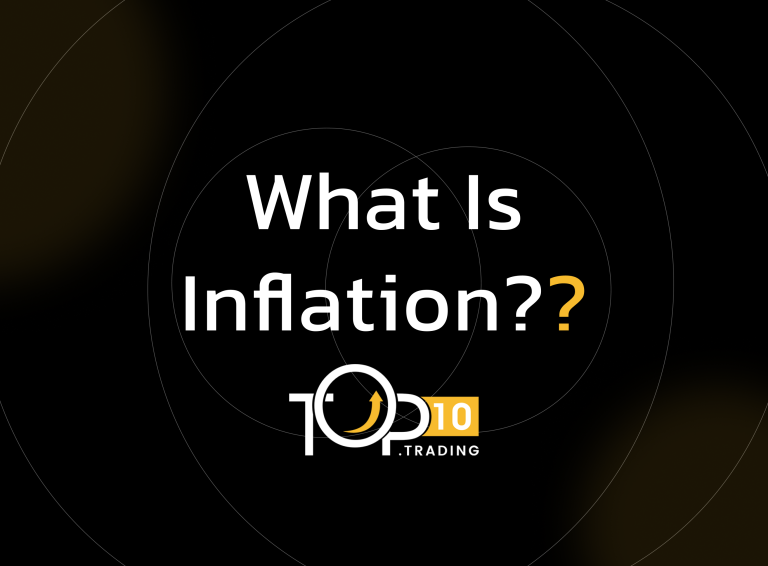Inflation Definition

Inflation is the sustained increase in the average price level of goods and services in an economy over a period of time, resulting in a decrease in the purchasing power of money. In other words, as inflation rises, each unit of currency buys fewer goods and services.
Key Takeaways
- Inflation is the general rise in prices, causing money to lose purchasing power over time.
- It is measured by indexes like the CPI and expressed as an annual percentage rate.
- Causes include demand and supply imbalances, monetary expansion, and inflation expectations.
- Moderate inflation supports economic growth, while high inflation can disrupt markets and reduce living standards.
- Central banks aim to maintain low and stable inflation to foster economic stability.
How Inflation Works
- Inflation is typically measured by indexes such as the Consumer Price Index (CPI), which tracks the price changes of a representative basket of goods and services.
- The inflation rate is the annualized percentage change in these price indexes.
- Inflation occurs when demand for goods and services outpaces supply (demand-pull inflation), when production costs rise (cost-push inflation), or due to built-in inflation driven by wage-price spirals and inflation expectations.
- Central banks monitor and manage inflation through monetary policy tools like interest rate adjustments and open market operations to keep inflation within target ranges.
Causes of Inflation
- Demand Shocks: Increased consumer spending or government expenditure.
- Supply Shocks: Disruptions in supply chains or rising commodity prices.
- Monetary Expansion: Excessive growth in the money supply relative to economic output.
- Inflation Expectations: When businesses and workers anticipate inflation, they adjust prices and wages accordingly, reinforcing inflation.
Effects of Inflation
- Reduced Purchasing Power: Money loses value, making everyday goods and services more expensive.
- Uncertainty: High or volatile inflation can discourage investment and savings.
- Income Redistribution: Inflation can erode fixed incomes and savings, while benefiting borrowers.
- Monetary Policy Flexibility: Moderate inflation allows central banks to adjust interest rates to stabilize the economy.
- Potential for Economic Growth: Controlled inflation can reduce unemployment by allowing wages and prices to adjust.
Positive vs. Negative Inflation
- Moderate Inflation: Viewed positively by economists as it supports economic growth and monetary policy effectiveness.
- High or Hyperinflation: Leads to economic instability, loss of confidence in currency, and potential shortages as consumers hoard goods.
- Deflation: The opposite of inflation, characterized by falling prices, which can harm economic growth.
- Understanding inflation is crucial for traders and investors as it influences interest rates, asset prices, purchasing power, and overall economic conditions.
